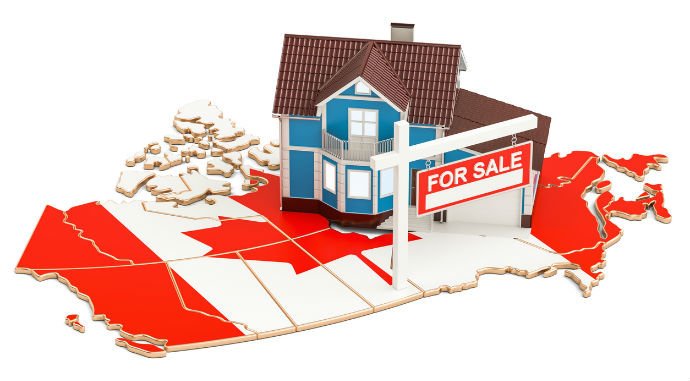While non-residents were previously able to buy residential property in Canada, 2023 has seen a change in legislation for foreign buyers.
The Prohibition on the Purchase of Residential Property by Non-Canadians Act came into effect at the beginning of 2023, banning those who are not Canadian citizens from purchasing residential property for two years.
This Government made the decision to prioritise Canadian property ownership among its own citizens, who are finding it harder to get on the property ladder as a result of rising prices.
Businesses that are not Canadian or Canadian-owned are also unable to buy residential property. Any person or business that knowingly helps a non-resident to buy residential property in the country can be fined up to $10,000.
Does the foreign buyers ban apply to everyone?
This ban specifically targets non-Canadian citizens/residents and businesses. However there are exemptions to this non-residential property ban, including:
- People with a spouse who is a Canadian citizen even if they are a non-resident
- Protected refugees
- Diplomats
- Temporary residents
- Students in Canada that have lived in the country for the majority of five years
The Canada Mortgage and Housing Corporation (CMHC) has made amendments to the act, including for those who are working in the country with a work permit. Those planning on buying property for housing development are also exempt. Be sure to check the latest news on the act if you have an interest in investing in Canadian property.
The type of property is also important, as what qualifies as ‘residential property’ has specific criteria. In this instance, the legislation refers to residential property within a Census Metropolitan Area (CMA) or Census Agglomeration (CA), which are characterised by a population of at least 100,000 and 10,000 respectively. You should therefore check if any property you are looking to buy or invest in falls within these locations.
What are the implications of the foreign ban?
The intended purpose of this act is to ensure that Canadian citizens are offered housing above non-residents, while preventing overseas buyers from inflating prices.
It is still early days as the ban was only implemented at the start of the year. However as average house prices and mortgage rates in Canada are still high, many Canadian citizens are still concerned about home ownership.
What does the future look like?
While this may not be ideal for foreign investors interested in Canadian property, the good news is that the ban is due to end on December 31st 2024, after which point non-residents should be able to purchase property in Canada more freely.
Of course, this depends on whether the government is satisfied with the outcome of the ban and the housing issues for Canadian citizens, but for now, the legislation states that it is a two-year long period.
Buying property abroad guides:
If foreign property investment is of interest, take a read of our guides. And, set yourself up with deposits and payments by finding a trusted money transfer service.

Retiring in New Zealand save on your international money transfers by using a currency exchange provider

Vive la France! Save money on your holiday using a currency exchange provider







